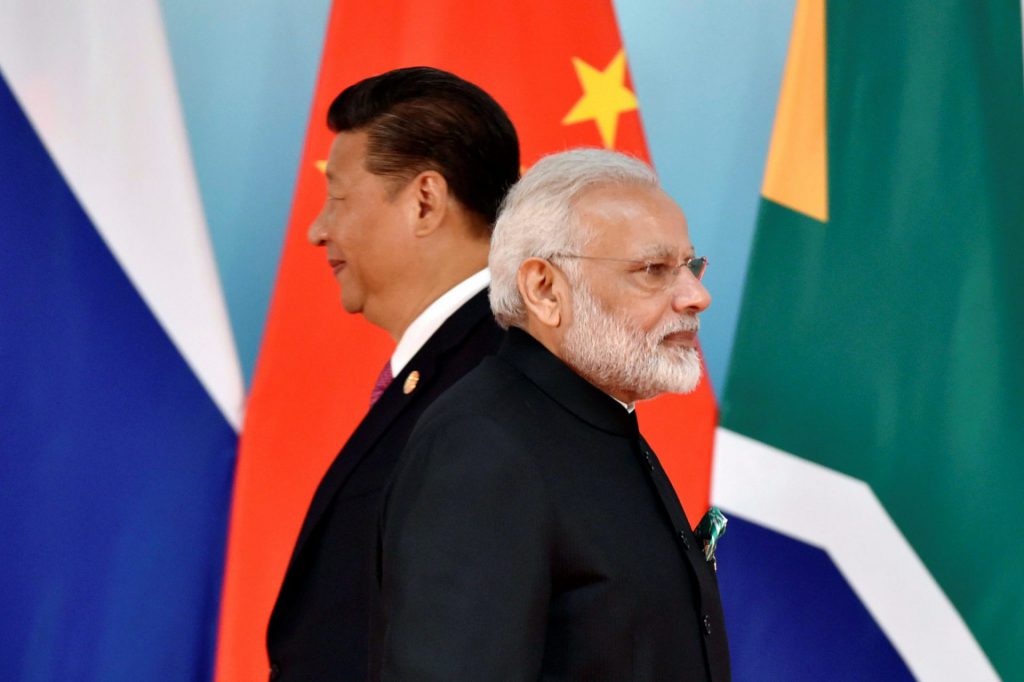The government of Maldives confirmed that BRICS members India and China have agreed to accept local currencies for imports and ditch the US dollar. Cross-border transactions in local currencies benefit developing countries and strengthen their native economies.
Maldives said that India and China will cooperate in facilitating payments for imports in local currencies sidelining the US dollar. The new import trade deal between the three nations falls in line with the BRICS idea of de-dollarization. Read here to know how many sectors in the US will be affected if BRICS ditches the dollar for trade.
Also Read: 3 Ways BRICS Currency Will Affect the U.S. Dollar
BRICS: Imports Between India, China & Maldives To Be Settled in Local Currency, Not US dollar


The Maldives’ Economic Development Minister Mohamed Saeed confirmed the development that local currencies will be used for import trade. Both India and China will accept or pay 50% of all imports in local currencies from Maldives. Therefore, the new $1.5 billion import bill by Maldives will see BRICS members India and China settle 50% in local currencies.
Also Read: 10 ASEAN Countries To Ditch the U.S. Dollar
That makes it around $750 million worth of cross-border transactions in local currencies and not the US dollar. Maldives imports $720 billion worth of goods from China and also imports $780 billion every year from India. Half of these transactions will soon be paid in local currencies ending reliance on the US dollar.
“If we can arrange up to $300 million from each (BRICS) country, that means $700 million. This means we can eliminate the reliance on US dollars by that amount in the future. That will reduce the demand for dollars. And the future demand for dollars will continue to fall,” Saeed said.
Also Read: BRICS Pays $4,000,000,000 in Local Currency, Sidelines US Dollar
“Maldives imports between $600-700 million in commodities from both (BRICS members) India and China, each year. Therefore, we import around $1.4 billion to $1.5 billion in commodities annually, from both markets combined,” said Saeed.










